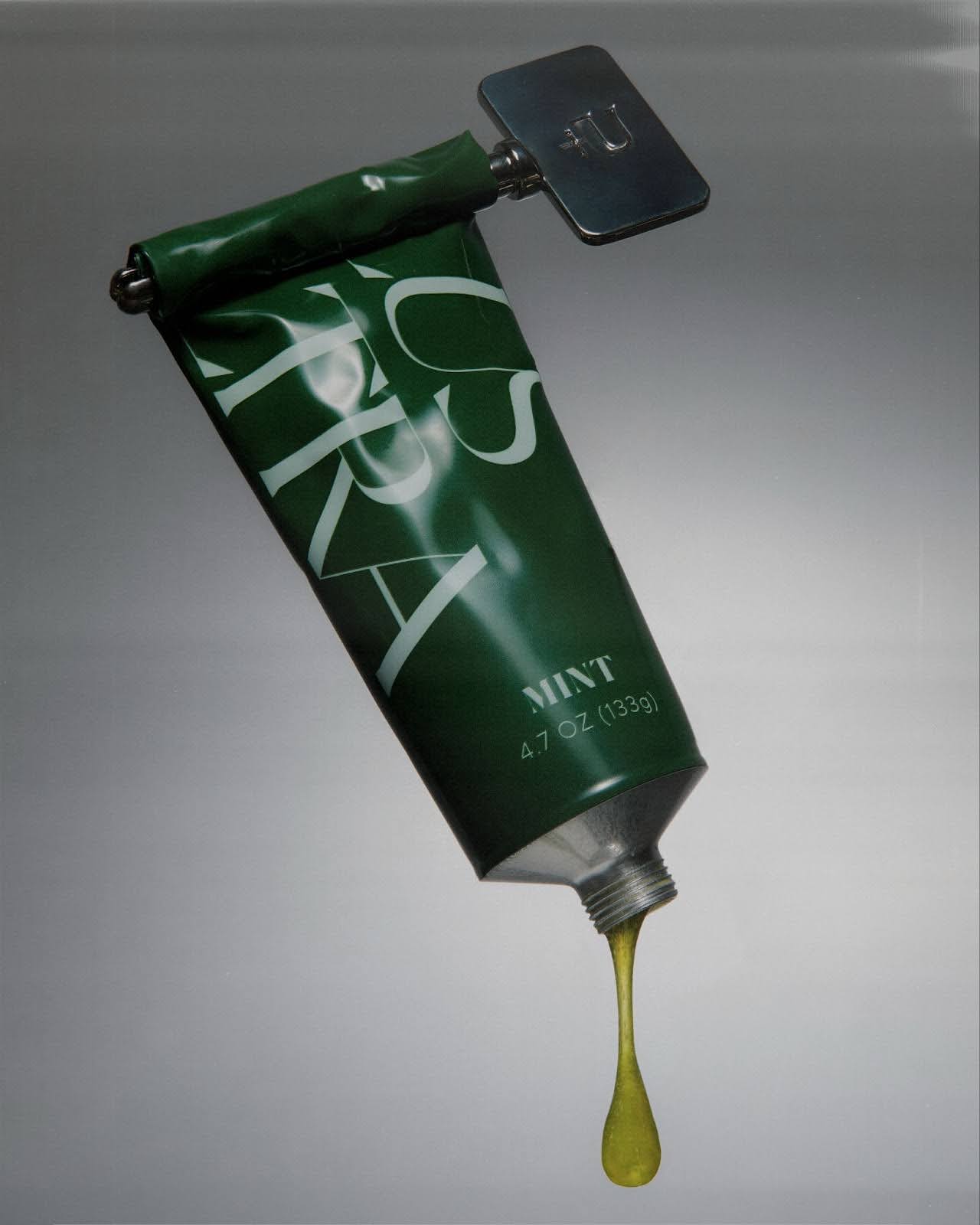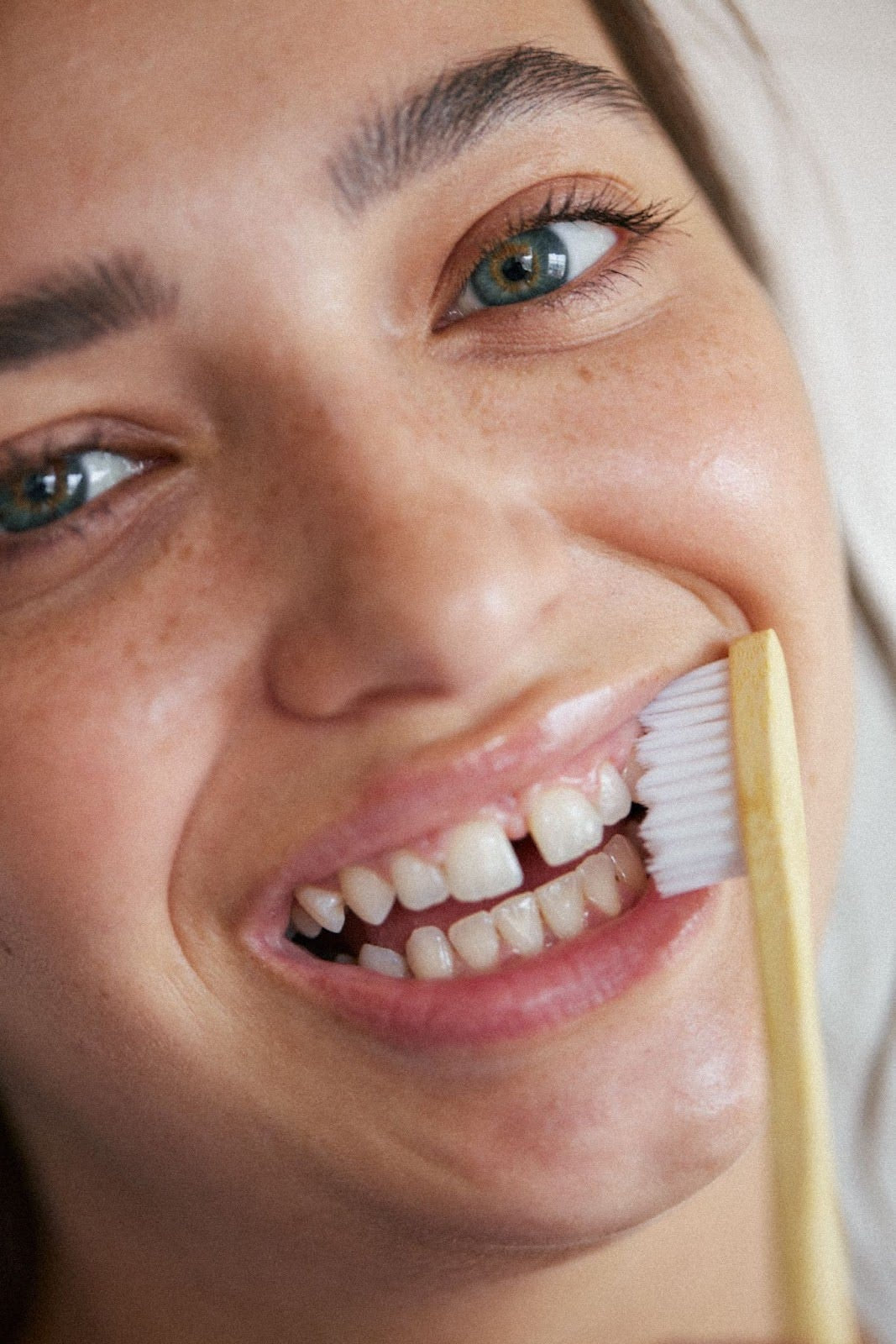Key Takeaways:
- Effective Plaque Removal: Extra soft toothbrushes provide enhanced gum protection and are effective at plaque removal.
- Enhanced Gum Protection: They are ideal for individuals with sensitive teeth and gums.
- Selecting The Right Extra Soft Toothbrush: Choosing the right extra soft toothbrush involves considering bristle quality, toothbrush design, and consulting with dental professionals.
Introduction To Extra Soft Toothbrushes
Extra soft toothbrushes offer gentle and effective cleaning for those with sensitive teeth, gums, or conditions like gingivitis, removing plaque without irritation and preventing enamel erosion. Ideal for post-dental procedure care, their softness aids in the healing process, promoting long-term oral health.
The Importance Of Choosing The Right Toothbrush
The right toothbrush, particularly one with softer bristles, is key for good oral health. Softer bristles are proven to clean effectively without damaging gums or enamel, ideal for sensitive teeth or those with dental work.
How To Brush Effectively With An Extra Soft Toothbrush
Effective tooth brushing involves more than just the right toothbrush; it also requires proper technique, especially with an extra soft toothbrush, to clean thoroughly without harming gums or enamel.
1. Use The Right Amount Of Toothpaste
Begin with a pea-sized amount of toothpaste. This is sufficient for cleaning your teeth effectively without creating excessive foam, making it difficult to see where you have brushed.
2. Hold Your Toothbrush Correctly
Grip the toothbrush with a light hand, similar to holding a pencil. A Plus Ultra extra soft toothbrush does the job with gentle motions, and a soft grip helps maintain the right amount of pressure.
3. Start With The Outside Surfaces
Position the bristles at a 45-degree angle to your gums on the outer surfaces of your teeth. Gently move the brush circularly, focusing on two to three teeth at a time.
4. Clean The Inside Surfaces
Many people neglect the inside surfaces of their teeth. Using the same 45-degree angle approach, gently brush the inner surfaces of your front and back teeth.
5. Rinse Well
After brushing, rinse your mouth and toothbrush under running water to remove plaque and food particles, then store the toothbrush upright to air dry. Remember, gentle does not mean ineffective, and with an extra soft toothbrush and Plus Ultra’s Natural Toothpaste, you can achieve comprehensive cleanliness while being kind to your oral health.

Extra Soft Toothbrushes And Orthodontic Care
Individuals with braces or retainers face challenges in maintaining oral hygiene due to the nooks and crannies created by orthodontic appliances that trap food and plaque. An extra soft toothbrush is essential for thorough cleaning without damaging these appliances, making it a vital part of dental care for anyone undergoing orthodontic treatment.
Gentle On Appliances
An extra soft toothbrush for orthodontic care offers the major benefit of being gentle on teeth and braces. Its ultra-soft bristles flexibly navigate around wires and brackets for a thorough clean without damaging them, which is crucial for avoiding extended treatment times and extra orthodontist visits.
Effective Plaque Removal
Extra soft toothbrushes remove plaque around orthodontic appliances, thanks to their soft bristles that conform to teeth and braces contours, reaching every surface effectively. Their adaptability overcomes the limitations of traditional brushing techniques, which is crucial for thorough oral care in the presence of braces.
Reduced Risk Of Gingivitis And Decalcification
Orthodontic patients face increased risks of gingivitis and decalcification due to hygiene challenges. Extra soft toothbrushes mitigate these risks with gentle, effective cleaning that minimizes gum irritation and enamel damage.
Brushing Technique For Orthodontic Patients
Orthodontic patients should use an extra soft toothbrush carefully, gently brushing each tooth and along the gum line in slow, circular motions to remove plaque and food particles without harming braces. These toothbrushes are vital for those with orthodontic appliances, offering a blend of gentleness and effectiveness that keeps the mouth clean and healthy without impeding treatment progress.
Extra Soft vs. Medium Bristles: Understanding The Differences
Choosing the right toothbrush involves considering bristle type, ranging from hard to ultra-soft. People often choose between extra soft and medium bristles. Knowing these differences can guide you to select the best option for your oral health needs.
Bristle Texture And Sensitivity
The main difference between extra soft and medium bristles is their texture. Extra soft bristles are gentle on teeth and gums, making them suitable for those with sensitive gums, dental work, or conditions like gingivitis, as they minimize irritation. Medium bristles, being firmer, offer a more vigorous clean but may not be suitable for those with sensitive oral conditions due to the potential for discomfort or harm.
Cleaning Efficiency
Medium bristles are often seen as more effective due to their firmness, but studies indicate that extra-soft bristles can clean just as well when used correctly. Their flexibility lets them access crevices and the gum line better than stiffer medium bristles, which might miss areas or not clean as thoroughly, especially for those with sensitive or complex dental needs.
Durability And Lifespan
Medium bristles often last longer than extra soft ones because they retain their shape and effectiveness over time. In contrast, the gentle nature of extra soft bristles means they may wear down faster due to their flexibility, requiring more frequent replacements to maintain effective cleaning without becoming overly soft.
Suitability For Orthodontic Patients
Individuals with braces or other orthodontic appliances may prefer extra soft bristles for their gentle cleaning around brackets and wires, avoiding damage or discomfort. Medium bristles, being harder, could harm orthodontic appliances or irritate sensitive gums, making extra soft bristles the safer choice during orthodontic treatment.
Personal Preference And Comfort
Choosing between extra soft and medium toothbrush bristles comes down to personal preference and oral health, with extra soft being ideal for sensitivity and medium for a deeper clean. Consulting with a dentist can help determine the best option for your needs, ensuring a healthy smile.

Final Thoughts
An extra soft toothbrush offers gentle, effective cleaning for sensitive teeth and gums, proving just as capable as firmer brushes in maintaining oral health without damaging enamel or causing irritation. An extra soft toothbrush is a great choice for many dental needs.
Read also:
- Bamboo Toothbrush: The Eco-Friendly Choice For A Natural And Beautiful Smile
- Swap Out Your Toothbrush Now: A Guide To Optimal Toothbrush Hygiene
- The Perennial Question: Why should I use a soft bristle bamboo toothbrush?
Frequently Asked Questions
What are the main benefits of using an extra-soft toothbrush?
The main benefits of using an extra soft toothbrush include enhanced gum protection, reduced risk of enamel erosion, and a gentler cleaning experience, especially for those with sensitive teeth or gingivitis. It effectively cleans while minimizing harm to the oral cavity.
How can brushing with an extra soft toothbrush improve gum health?
Brushing with an extra soft toothbrush can significantly improve gum health by gently removing plaque and debris from the gum line without causing irritation or damage to the soft tissues, thus preventing gingivitis and gum recession.
Is an extra soft toothbrush effective in removing plaque?
Yes, an extra soft toothbrush is effective in removing plaque. Its bristles are designed to be flexible enough to reach the crevices between teeth and along the gum line, effectively removing plaque without damaging the teeth or gums.
Why is an extra soft toothbrush recommended for sensitive teeth?
An extra soft toothbrush is recommended for sensitive teeth because its softer bristles cause less friction and pressure on the tooth's surface, reducing pain and discomfort during brushing. It provides a gentle cleaning action that is less likely to trigger sensitivity.
How does an extra-soft toothbrush prevent enamel erosion?
An extra soft toothbrush prevents enamel erosion by offering a gentler brushing experience. Its soft bristles reduce the mechanical force applied to the tooth surface, minimizing the risk of removing the protective enamel layer.
What makes an extra soft toothbrush different from a medium or hard toothbrush?
An extra soft toothbrush differs from medium or hard toothbrushes in the softness of its bristles. The bristles of an extra-soft toothbrush are designed to be very gentle on the teeth and gums, making it a preferred choice for individuals with sensitivity issues. In contrast, medium and hard toothbrushes have stiffer bristles that can cause gum recession and enamel wear over time.
Can using an extra soft toothbrush reduce bleeding gums?
Yes, using an extra soft toothbrush can help reduce bleeding gums. Its gentle bristles are less likely to irritate or damage the gums, which can decrease inflammation and the likelihood of bleeding during brushing.
How often should you replace your extra soft toothbrush?
You should replace your extra soft toothbrush approximately every 3 months or sooner if the bristles fray or wear out. Regular replacement ensures the toothbrush remains effective at cleaning your teeth and gums.
Is an extra soft toothbrush good for people with braces?
Yes, an extra soft toothbrush is excellent for people with braces as its softer bristles can easily navigate around wires and brackets, providing a thorough clean without damaging the orthodontic appliances or irritating the gums.
Can an extra soft toothbrush help in treating gingivitis?
Yes, an extra soft toothbrush can help in treating gingivitis by gently removing plaque buildup around the gum line without irritating or further damaging the gums, thus aiding in the healing process of inflamed and bleeding gums.


